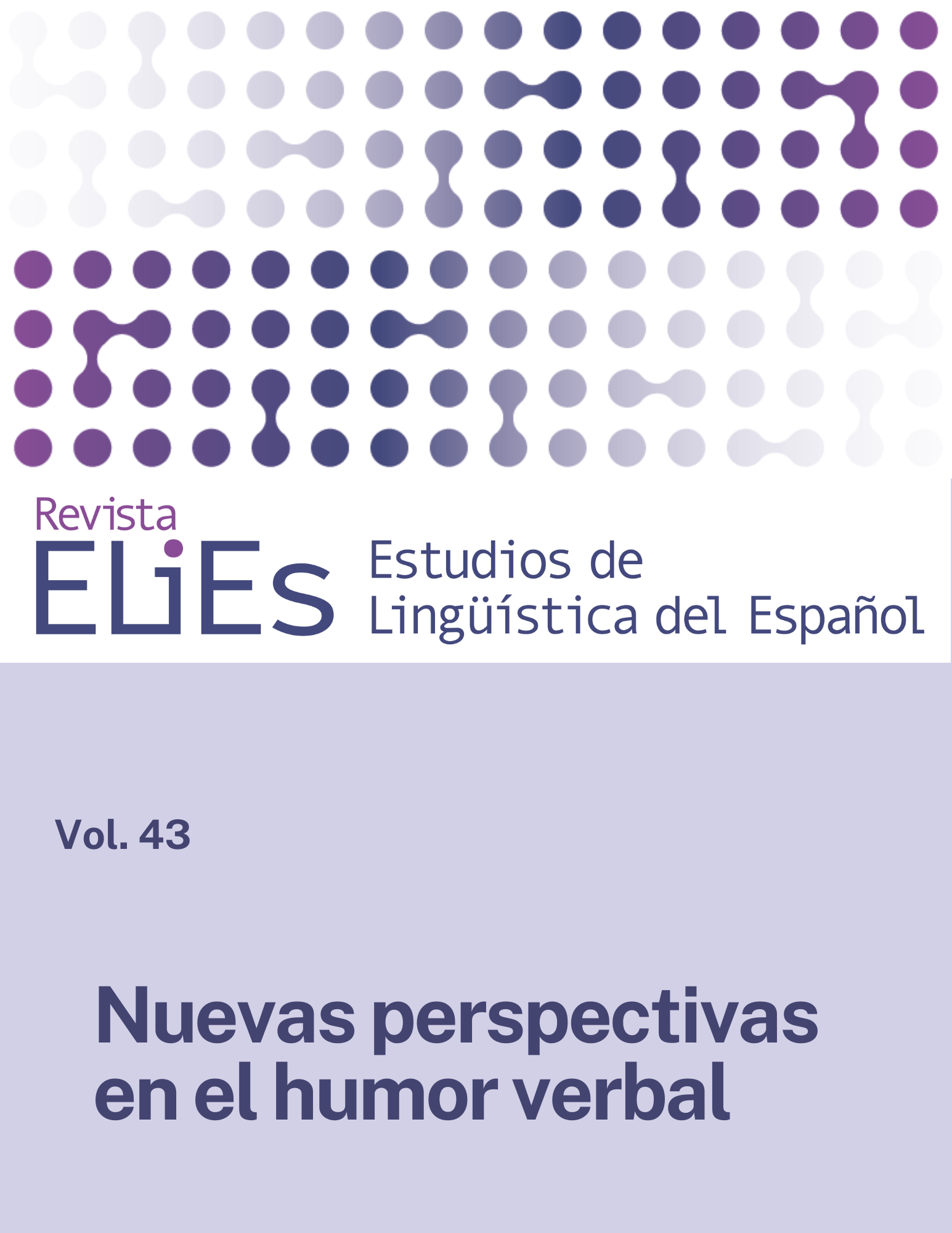Humor y demencia: una aproximación al estudio del humor en el deterioro cognitivo
DOI:
https://doi.org/10.36950/elies.2021.43.8436Palabras clave:
demencia, humor, pragmática clínica, subversión, trastornos del lenguaje.Resumen
Los experimentos psicolingüísticos recientes han hecho patente que la afectación del lenguaje en demencia se extiende al ámbito de la pragmática y, particularmente, al humor. Se trata, sobre todo, de trastornos en la capacidad de las personas con demencia de descodificar adecuadamente la simbología lingüística de base social y emocional. Estos trastornos se manifiestan en una marcada dificultad para entender estímulos humorísticos, la tendencia a imitar las estrategias humorísticas propias de la infancia y el desajuste entre la producción del humor y el contexto. En las vertientes perceptiva y productiva del humor, las personas con demencia pueden presentar una afectación variable entre enfermedades, debido tanto al deterioro de su competencia pragmática y de otros niveles lingüísticos, como a la afectación de las funciones cognitivas generales.
En este trabajo ofrecemos una primera aproximación a la descripción de la capacidad de personas con diferentes tipos de demencia con afectación pragmática (enfermedad de Alzheimer, demencia semántica y demencia frontotemporal) de gestionar las inferencias en la recepción de estímulos humorísticos. Asimismo, partiendo de que apenas hay estudios sobre la producción del humor verbal en la demencia, proponemos un modelo para estandarizar las pruebas de ilicitación del humor en personas con la enfermedad de Alzheimer a partir del modelo de subversión/predisposición. Dicho modelo considera el estímulo humorístico como el resultado de la interacción de dos grandes ejes: la “subversión” de las expectativas interpretativas iniciales del receptor y las condiciones contextuales que posibilitan y predisponen la extracción de inferencias en el plano del humor. El fin último de nuestro trabajo es aportar datos a la comprensión de la afectación del humor bajo efecto de diferentes cuadros neurodegenerativos y, de forma particular, ofrecer una propuesta de estudio del humor desde la pragmática clínica.
Descargas
Descargas
Publicado
Número
Sección
Licencia
Derechos de autor 2021 Olga Ivanova, María Fernández del Viso, Juan José García Meilán

Esta obra está bajo una licencia internacional Creative Commons Atribución 4.0.




